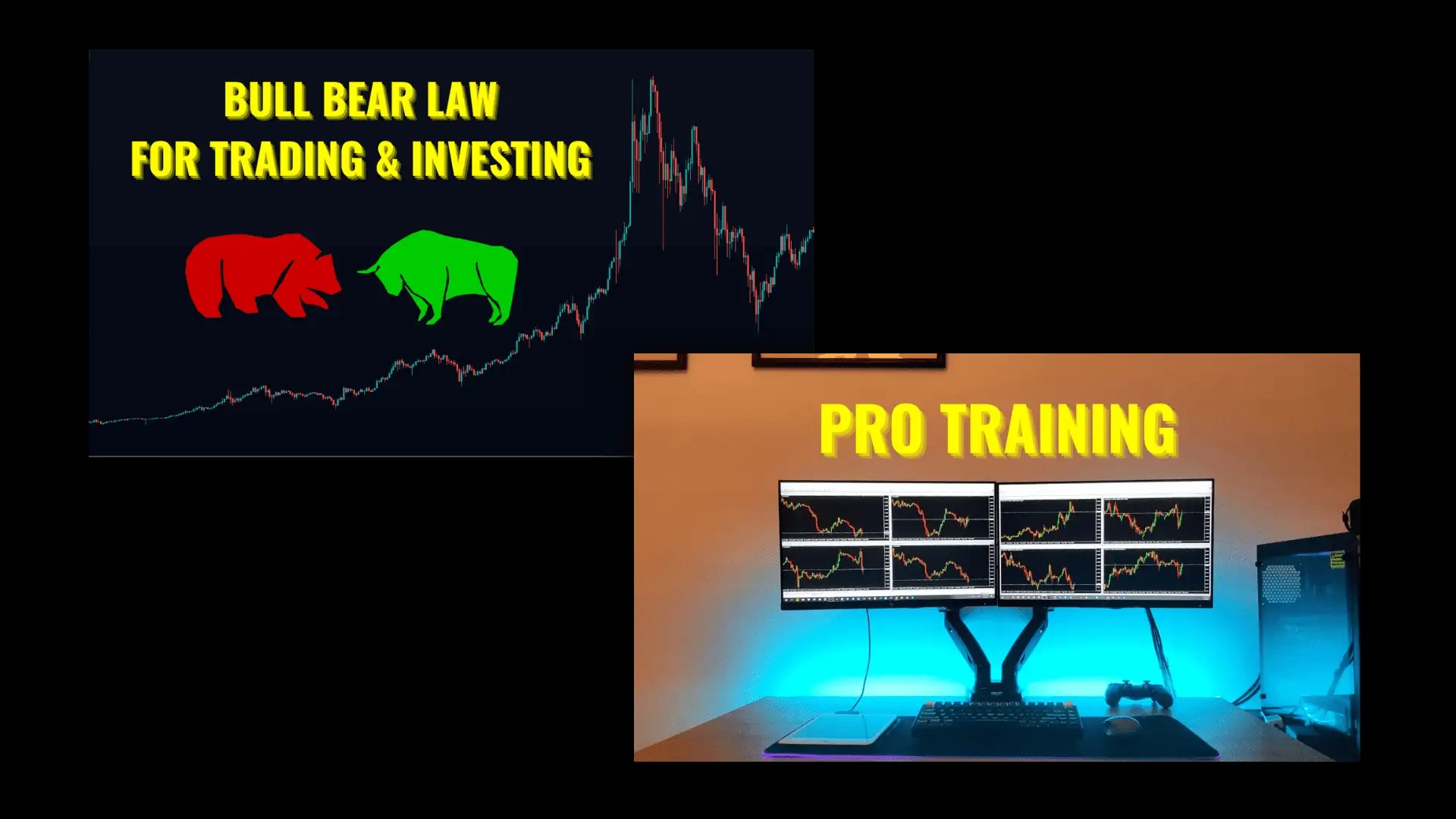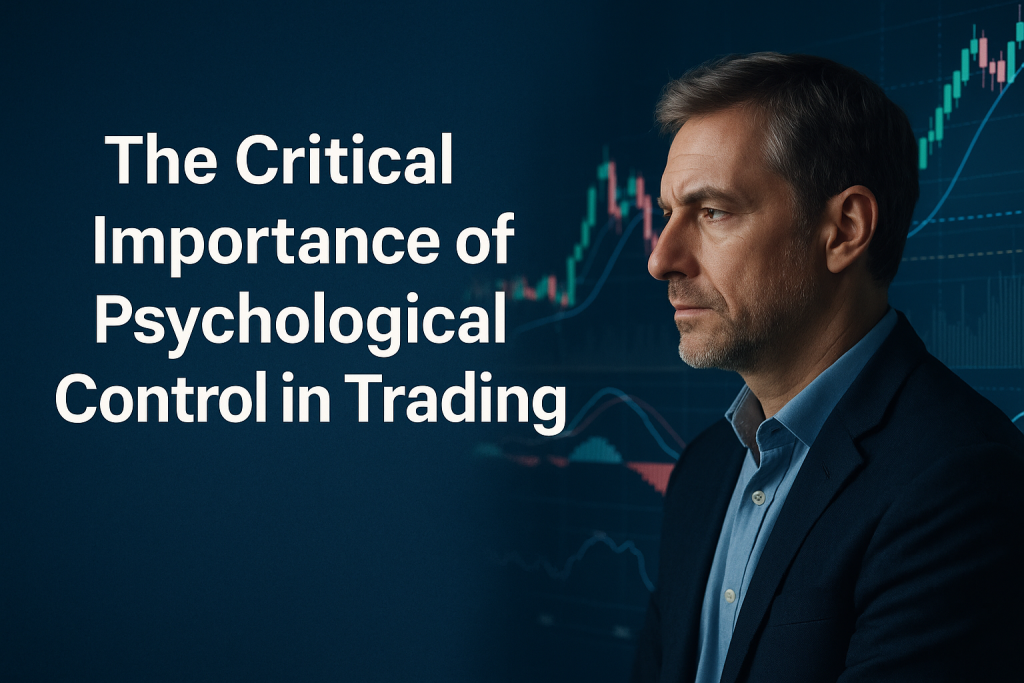
The Critical Importance of Psychological Control in Trading !
In the world of trading, success is often associated with strategy, indicators, and market analysis. However, one of the most overlooked yet essential elements of consistent profitability is psychological control. No matter how solid your trading strategy is, poor emotional discipline can lead to devastating results.

Why Psychology Matters in Trading
Trading is a highly emotional activity. The constant fluctuation of prices, fear of loss, and the thrill of gain can easily cloud a trader’s judgment. Unlike most professions, trading does not reward hard work directly—it rewards correct decision-making under pressure. This is where emotional control becomes vital.
Common Psychological Challenges
- Fear and Greed: These are the two most powerful emotions that influence traders. Fear may prevent you from entering a good trade or cause you to exit too early. Greed can push you to overtrade or hold a position too long, hoping for bigger profits.
- Revenge Trading: After a loss, some traders feel the urge to immediately recover it, often leading to irrational decisions and deeper losses.
- Overconfidence: A string of wins may lead to excessive risk-taking, deviating from the trading plan.
- Impatience: Many traders struggle to wait for high-probability setups. Impatience can lead to chasing the market and entering low-quality trades.
Developing Psychological Discipline
Mastering your emotions doesn’t happen overnight, but with consistent effort, traders can build strong mental discipline:
- Follow a Trading Plan: A well-defined plan removes emotion from decision-making. It should include your entry, exit, risk management, and maximum daily loss limits.
- Use Risk Management: Never risk more than you can afford to lose. Small, controlled losses are part of the game.
- Keep a Trading Journal: Documenting your trades helps you identify emotional patterns and mistakes. Over time, this reflection strengthens self-awareness.
- Take Breaks: If you feel emotionally overwhelmed, step away from the market. A short break can prevent impulsive actions.
- Practice Mindfulness: Techniques like meditation or breathing exercises can help keep your mind calm and focused, especially during high-stress moments.
The Edge of a Calm Mind
In trading, your biggest enemy and strongest ally is your mind. Those who learn to manage their emotions effectively gain a significant edge over the majority who trade based on impulses. Remember, it’s not about avoiding emotion—it’s about not letting emotion control your actions.
Final Thoughts
Psychological control is not a luxury; it is a necessity. Mastering your mindset is just as important as mastering your strategy. The markets are unpredictable, but how you respond to them is entirely within your control. If you want long-term success in trading, start by training your mind before you train your chart.



